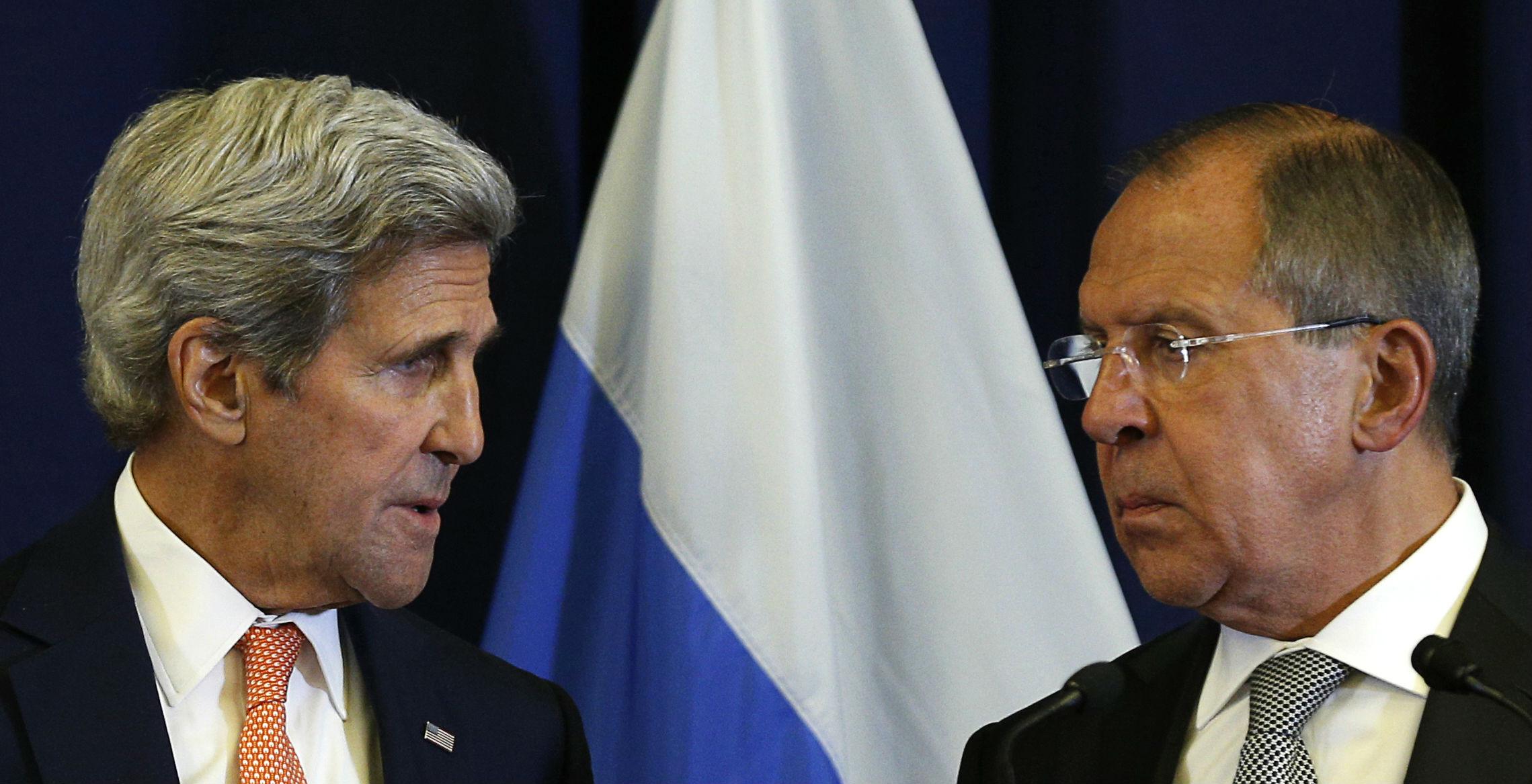US suspends talks with Russia on ending Syria conflict as White House says ‘nothing more to talk about’
Announcement signals further deterioration in US-Russia ties
Your support helps us to tell the story
From reproductive rights to climate change to Big Tech, The Independent is on the ground when the story is developing. Whether it's investigating the financials of Elon Musk's pro-Trump PAC or producing our latest documentary, 'The A Word', which shines a light on the American women fighting for reproductive rights, we know how important it is to parse out the facts from the messaging.
At such a critical moment in US history, we need reporters on the ground. Your donation allows us to keep sending journalists to speak to both sides of the story.
The Independent is trusted by Americans across the entire political spectrum. And unlike many other quality news outlets, we choose not to lock Americans out of our reporting and analysis with paywalls. We believe quality journalism should be available to everyone, paid for by those who can afford it.
Your support makes all the difference.The diplomatic chill between the United States and Russia deepened dramatically as the US suspended dialogue between them on ending the war in Syria.
By summarily shutting down lines of communication, the US was carrying out a threat it first issued a week ago when it accused Moscow of violating the terms of a ceasefire agreement for the country that had been hammered out just weeks earlier.
The decision was confirmed by the US State Department. It leaves the US with scant options as the misery in Syria, and particularly for residents of the city of Aleppo, continues unabated.
It is also an admission of failure for US Secretary of State, John Kerry, who negotiated a deal with his Russian counterpart, Sergei Lavrov, early last month to end the hostilities only to see it fall apart almost immediately. He had put off carrying out the threat to end dialogue for most of last as he made several attempts to salvage the ceasefire in telephone talks with Mr Lavrov.
The US has bluntly blamed Russia for the agreement’s demise accusing it of resuming the bombing of rebel-held parts of Aleppo in direct violation of its provisions, alongside the forces of Syrian President Bashar al-Assad.
The US also accused the Russians of being responsible for an airstrike on a humanitarian convoy last month that killed 20 people. Both Russia and Syria denied the charge.
White House spokesman Josh Earnest said patience had run out with Russia. “What is clear is that there is nothing more for the United States and Russia to talk about with regard to stopping the ongoing violence in Syria and that is unfortunate,” he told reporters in Washington.
About 275,000 civilians remain trapped in the besieged parts of Aleppo, including 100,000 children. Only 35 doctors are believed to be still in the area to assist with the wounded and medical supplies, the UN has said, are running out.
“This is not a decision that was taken lightly,” State Department spokesman John Kirby said. “Unfortunately, Russia failed to live up to its own commitments ... and was also either unwilling or unable to ensure Syrian regime adherence to the arrangements to which Moscow agreed.”
“Russia and the Syrian regime have chosen to pursue a military course, inconsistent with the Cessation of Hostilities, as demonstrated by their intensified attacks against civilian areas, targeting of critical infrastructure such as hospitals, and preventing humanitarian aid from reaching civilians in need, including through the September 19 attack on a humanitarian aid convoy,“ he said.

As a first consequence, the US will order the return home of officials who had been picked to help set up a joint US-Russia centre that was to have coordinated military operations in Syria as well as begin intelligence sharing had the ceasefire taken hold.
Cooperation between the two countries on avoiding any inadvertent clashes between them as they use military power to attack terror networks in Syria will not be affected, however.
Shortly before the State Department announcement on Syria, President Vladimir Putin issued a decree suspending a plutonium clean-up treaty between Moscow and Washington that was originally concluded in 2000. The treaty was designed to ensure that both superpowers worked to reduce stockpiles of nuclear weapon-grade plutonium and dispose of it safely.
Also on Monday, an al-Qaeda-linked group in Syria revealed that one of its senior commanders, who was close to al-Qaeda's top leader Ayman al-Zawahri, had perished in an airstrike.
The apparent elimination of a commander of the Fatah al-Sham Front, formerly the Nusra Front, came shortly after the Pentagon said the US had targeted a prominent member of the group in Syria. The group said that Ahmed Salama Mabrouk, a veteran Egyptian jihadist known as Abu Farag al-Masri, was killed in a US-led coalition airstrike in the northern Idlib province.

Join our commenting forum
Join thought-provoking conversations, follow other Independent readers and see their replies
Comments